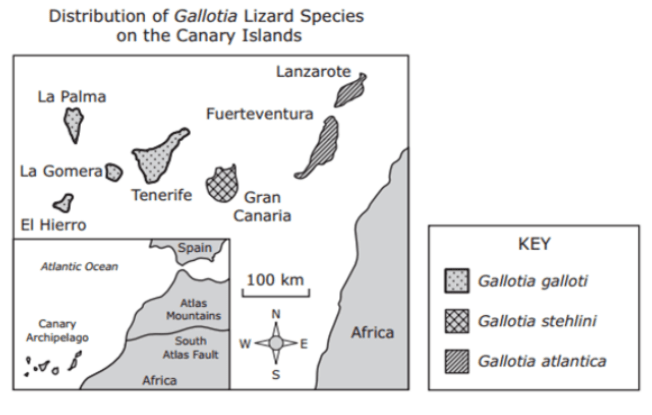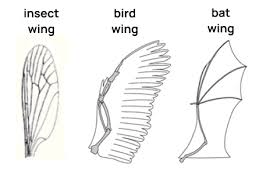Useless body parts that no longer have a function in an organism are known as:
what is vestigial structure?
The bone structure in a human arm, cat leg, whale fin and bat fin are all examples of
What are homologous structures?
 Comparing DNA sequences of different species to determine how closely related they are to one another is known as:
Comparing DNA sequences of different species to determine how closely related they are to one another is known as:
What is molecular homologies?
Using the diagram, list the organisms from OLDEST TO YOUNGEST.

What is D, C, B, A?
Based on the picture below, why do all embryos start out looking the same?

They all share a common ancestor? (common genes inherited from a common ancestor)
What is the study of how organisms change over time?
What is Evolution?
Body structures that look similar, but may have different functions are known as:
What are homologous structures?
When different species have homologous body structures this is a clue that they evolved from a
What is a common ancestor?
Based on the DNA sequences below, which two species would be considered more closely related?

What are species 1 & 3?
Where would you expect to find the most complex (Most evolved) organisms?
What does it indicate that the embryo of a chicken looks much different than the embryo of the human.

What is they are not closely related? (they do not share a recent common ancestor)
Certain species of the coral-like sea organisms called bryozoans first appeared about 140 million years ago. They remained unchanged for the first 40 million years and then suddenly experienced rapid genetic change.
Which process would BEST account for the pattern of evolution in bryozoans?
What is abrupt appearance? (punctuated equilibrium)
Body parts in different species that have similar functions but are structuraly different.
What are analogous structures?
 A crocodile arm has the same bones and a similar structure to the human arm. This shows that they....
A crocodile arm has the same bones and a similar structure to the human arm. This shows that they....
What is share a common ancestor?
Which animal(s) is the most closely related to the Chimpanzee? 
What are the dog and mouse?
Any trace or remains of an organism that lived long ago. (Examples include: Bones, Imprints, Teeth)
What is a fossil?
Where did the common ancestor of all the island lizards most likely come from?

What is Africa?
What type of evolution is represented by the graph below:

What is gradualism?
Theory of evolution that states that there are long periods of stasis until an ecological change occurs that forces rapid evolution of a species.
What is Aprupt Appearence? (Punctuated Equilibrium)
A butterfly and a bat can both fly, but they have very different structures as their wings are analogous structures. This indicates that....

What is do not share a common ancestor? (evolved separately)
What species is most related to the "unknown species" in the table?

What is species 4?
Based on these layers of rock, which fossils are the oldest? 
What are invertebrates?
The reason that similar fossils are found on different continents.

What is Pangaea? (the continents were once connected)
What type of evolution is represented by the graph below:

What is abrupt appearance? (punctuated equilibrium)
Theory of evolution that states changes happen continuously and gradually over time.
What is Gradualism?
The human tail bone, wings on flightless birds and hip/leg bones on whales are all examples of:
What is a vestigial structure?
A new species has been discovered along the Africa's Nile River, what will scientists use to determine its relatedness to other known organisms.
What is molecular homology? (test its DNA to find similarities).
What is most likely the reason there are gaps in the fossil record?
What is they have not discoverd all the fossils yet?

What is Biogeography?
Two contrasting theories of evolution explain changes in species found in fossil records. Gradualism was proposed by Charles Darwin, and punctuated equilibrium was more recently proposed by Niles Eldridge and Steven J. Gould.
The characteristics of gradualism would include -
What is slow, steady, gradual changes over time?